Behavioralists believe that exposing children to overwhelming stimuli repeatedly can help increase their tolerance and regulation around the trigger. However, this approach can actually be counterproductive and may teach children to suppress their emotions rather than regulate them. This is because the behaviorist approach focuses on changing behavior through conditioning, rather than addressing the underlying emotional and neurological factors that contribute to dysregulation.
On the other hand, neurodiversity-affirming supporters understand that exposure to overwhelming stimuli can cause actual harm to a child's developing brain and nervous system. They believe that every child's sensory experience is unique and that it is important to provide individualized support and guidance in regulating their emotions. Effective strategies include identifying and avoiding triggers whenever possible, providing calming activities and sensory experiences, and teaching specific coping skills for managing emotions.
Therefore, it is important to take an individualized approach to supporting children with sensory dysregulation. Exposing individuals to potentially harmful stimuli in an attempt to increase tolerance and the overt signs of dysregulation is invalidating to neurodivergent individuals. Learning sensory triggers, dysregulating stimuli, and regulating stimuli is the foundational work that when combined with a support personnel (e.g., parents, teachers, etc) providing support, co-regulation, and self-regulation is affirming of the individual’s neurotype. This approach will promote healthy brain development and long-term well-being.
Supporting research:
- Ben-Sasson, A., Hen, L., Fluss, R., Cermak, S. A., Engel-Yeger, B., & Gal, E. (2009). A meta-analysis of sensory modulation symptoms in individuals with autism spectrum disorders. Journal of Autism and Developmental Disorders, 39(1), 1-11.
- Green, S. A., & Ben-Sasson, A. (2010). Anxiety disorders and sensory over-responsivity in children with autism spectrum disorders: Is there a causal relationship? Journal of Autism and Developmental Disorders, 40(12), 1495-1504.
- Leekam, S. R., Nieto, C., Libby, S. J., Wing, L., & Gould, J. (2007). Describing the sensory abnormalities of children and adults with autism. Journal of Autism and Developmental Disorders, 37(5), 894-910.
- Dunn, W. (2001). The sensations of everyday life: empirical, theoretical, and pragmatic considerations. American Journal of Occupational Therapy, 55(6), 608-620.
- Case-Smith, J., & Arbesman, M. (2008). Evidence-based review of interventions for autism used in or of relevance to occupational therapy. American Journal of Occupational Therapy, 62(4), 416-429.
- Baranek, G. T. (2002). Efficacy of sensory and motor interventions for children with autism. Journal of Autism and Developmental Disorders, 32(5), 397-422.
- Lane, S. J., Reynolds, S., & Thacker, L. (2010). Sensory over-responsivity and anxiety in typical children and children with autism and attention deficit hyperactivity disorder: Cause or coexistence? American Journal of Occupational Therapy, 64(3), 453-464.
- Engel-Yeger, B., & Dunn, W. (2011). The relationship between sensory processing difficulties and anxiety level of healthy adults. British Journal of Occupational Therapy, 74(5), 210-216.
- Jones, S. M., & Miller, G. E. (2013). The psychological costs of exposure to uncontrollable stressors in children and adolescents. Child Development Perspectives, 7(1), 29-34.
- Glover, V. (2011). Annual research review: Prenatal stress and the origins of psychopathology: An evolutionary perspective. Journal of Child Psychology and Psychiatry, 52(4), 356-367.
- Schore, A. N. (2001). Effects of a secure attachment relationship on right brain development, affect regulation, and infant mental health. Infant Mental Health Journal, 22(1-2), 7-66.
- Schore, A. N. (2003). Affect dysregulation and disorders of the self. New York: W. W. Norton & Company.
- Perry, B. D. (2001). The neurodevelopmental impact of violence in childhood. In C. R. Figley (Ed.), Trauma and its wake (pp. 103-128). New York: Brunner-Routledge.
- Hahn, E. J. (2011). Risk of harm to children who experience developmental trauma: Potential impact on their life span. Journal of Evidence-Informed Social Work, 8(4), 420-429.
- Siegel, D. J., & Bryson, T. P. (2012). The whole-brain child: 12 revolutionary strategies to nurture your child's developing mind. New York: Delacorte Press.
- Van der Kolk, B. A. (2014). The body keeps the score: Brain, mind, and body in the healing of trauma. New York: Penguin Books.
- Mullen, E. M., & Gorman-Smith, D. (1998). Parenting in community context: The role of social support, social capital, and parenting efficacy. Family Relations, 47(4), 323-332.
- Sajed, S., & Lee, H. (2018). Exposure therapy for posttraumatic stress disorder: An overview of evidence-based treatment. Korean Journal of Family Medicine, 39(4), 191-199.
- DeKlyen, M., & Greenberg, M. T. (2008). Attachment and psychopathology in childhood. In J. Cassidy & P. R. Shaver (Eds.), Handbook of attachment: Theory, research, and clinical applications (2nd ed., pp. 637-665). New York: Guilford Press.
- Fosha, D. (2000). The transforming power of affect: A model for accelerated change. New York: Basic Books.
- Porges, S. W. (2011). The polyvagal theory: Neurophysiological foundations of emotions, attachment, communication, and self-regulation. New York: W. W. Norton & Company.
- Siegel, D. J. (1999). The developing mind: Toward a neurobiology of interpersonal experience. New York: Guilford Press.
- Fonagy, P., Steele, M., & Steele, H. (1991). Intergenerational patterns of attachment: Maternal representations during pregnancy and subsequent infant-mother attachments. Child Development, 62(4), 891-905.
- Gunnar, M. R., & Donzella, B. (2002). Social regulation of the cortisol levels in early human development. Psychoneuroendocrinology, 27(1-2), 199-220.

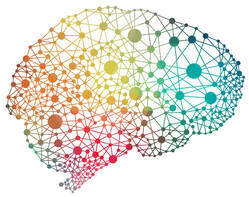
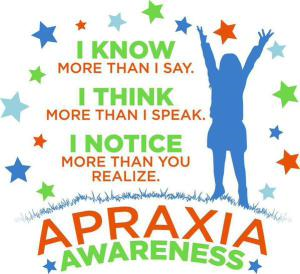

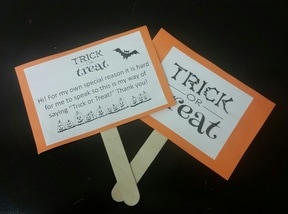
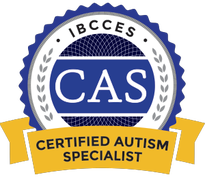
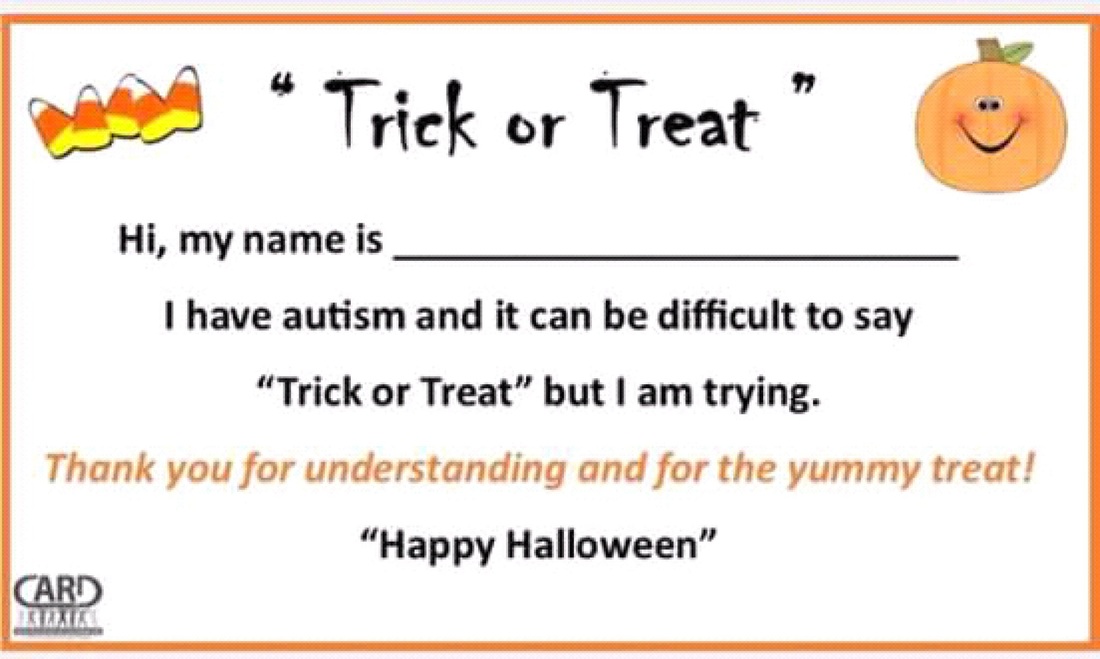

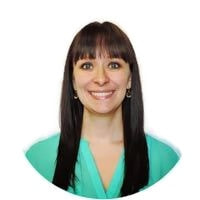

 RSS Feed
RSS Feed
